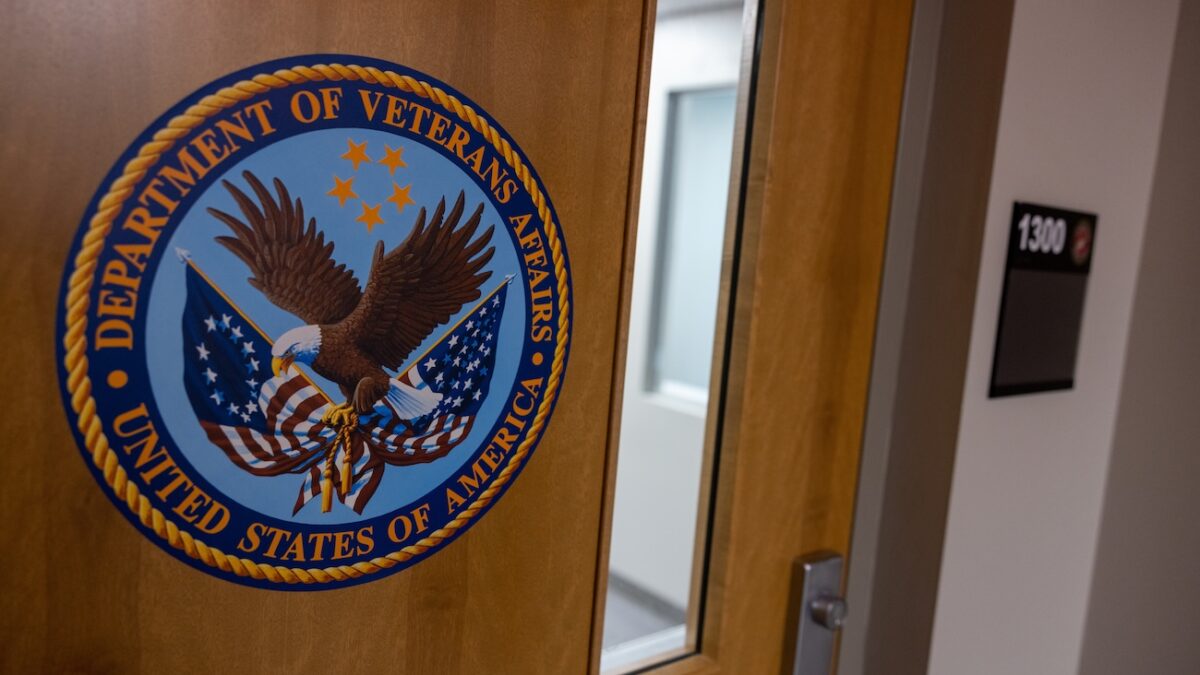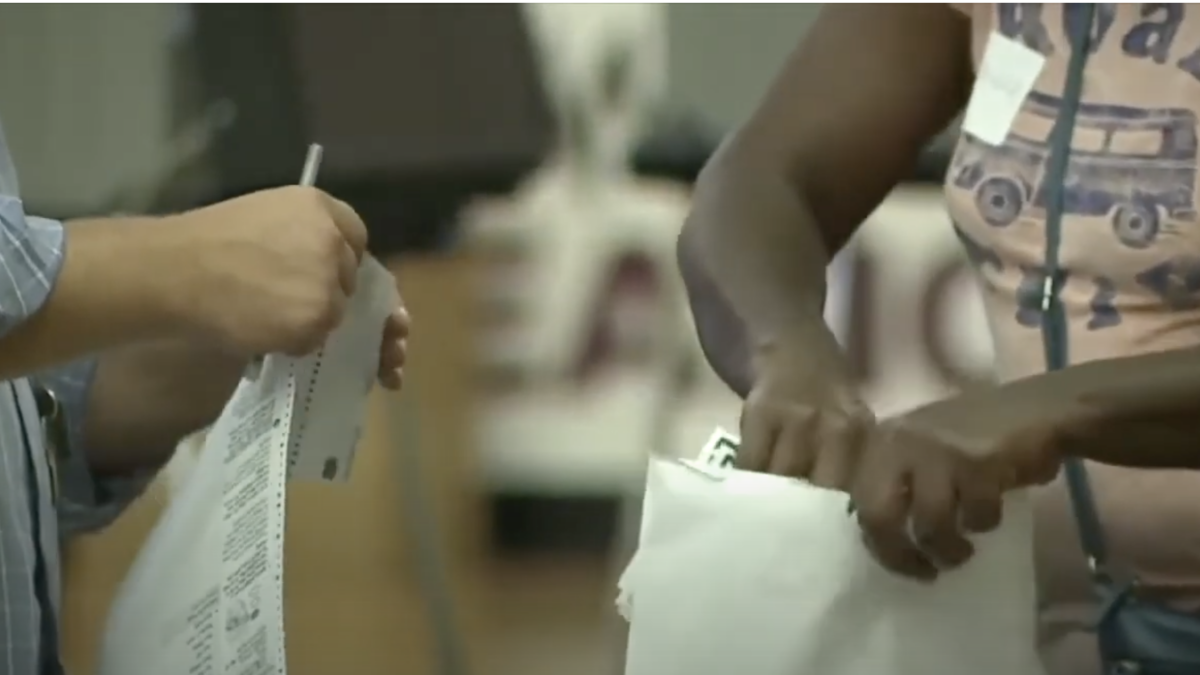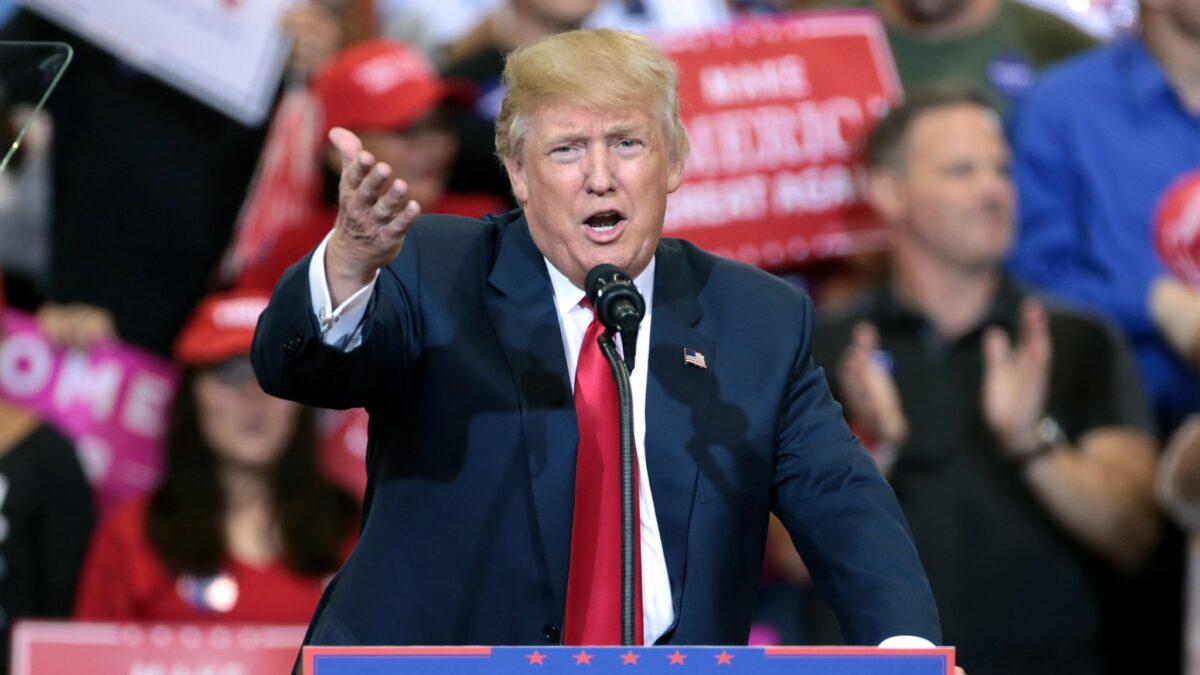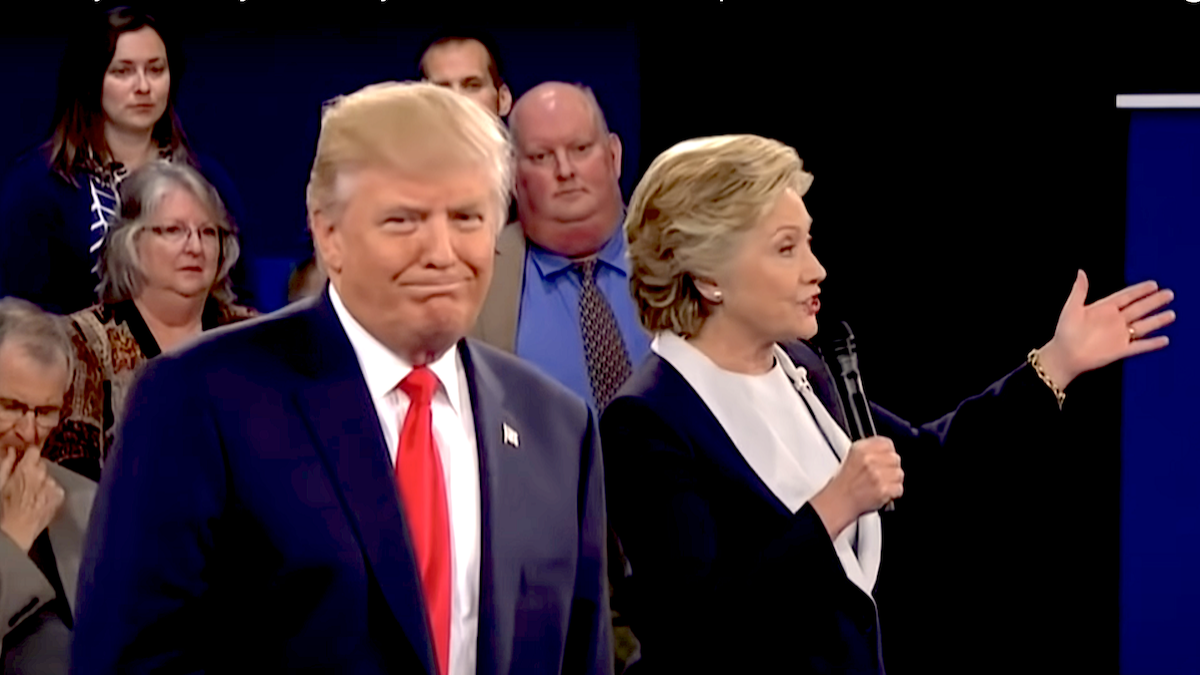It’s rare for this observer to say a government official, much less a Biden administration Cabinet member, did the right thing. But in at least one case, such an official did just that. Unfortunately, the official did so only to remedy a problem his own department’s mismanagement and corruption had created.
A recent House Veterans Affairs Committee hearing examined a scandal whereby senior Veterans Administration/Affairs (VA) officials received millions of dollars in taxpayer-funded bonuses they did not deserve. Secretary Denis McDonough took swift action to rescind and recover the money on behalf of taxpayers once he finally discovered the scandal, but the ordeal raises obvious questions about the bureaucratic mess that led to this fiasco.
Bureaucratic Cash Grab
The bonuses in question came as a result of the “burn pits” legislation Congress passed in 2022, which expanded eligibility for benefits to veterans exposed to toxic substances. In that bill, Congress authorized a new type of incentive program, called critical skill incentives, intended to reward people in mission-critical positions who would bear increased responsibilities due to the growth of the VA’s caseload.
As McDonough noted in his testimony to the committee, most of the incentive payments have gone to VA personnel out in the field (i.e., at VA clinics) working in areas such as housekeeping, food service, police, and HR. These awards have averaged about $8,000 — what in the private sector might constitute a decent-sized Christmas bonus or year-end performance award for a job well done.
By comparison, the awards to senior executives at the VA central office averaged nearly $60,000 — more than seven times the average amount paid to field staff, and in some cases equal to what said field staff might receive in an entire year. As the inspector general (IG) explained in testimony to the committee, and in a longer report released last month, the process by which the central office staff received their incentives left much to be desired.
In two branches of the VA, “the only … senior executives not offered [incentives] were those considered ineligible under the delegation of authority … [i.e., political appointees] and one senior executive … due to performance issues” (emphasis original). What started out as a program to reward performance in mission-critical positions turned into a version of “Oprah’s Favorite Things”: You get a bonus! You get a bonus! Everybody gets a bonus!!!
Rather than including individualized justifications for the awards, officials instead submitted a blanket, one-paragraph description justifying incentives for more than 100 individuals, many of whom perform differing functions. One HR official told the IG the process was absurd: “I can’t even give a GS [general schedule, i.e., lower-ranking] employee a special contribution award for $250 without writing an entire page about how great they are and forms and process. And this, with the stroke of a pen and three sentences, they’re saying these folks are critical because they’re critical, giving all these people this huge amount of money.”
Another employee in the general counsel’s office thought the process “silly” — “I honestly couldn’t believe it. I said, ‘Is that all that was there?’” — because senior executives “were all given 25 percent [bonuses] and the justification was … two sentences.”
In the case of one VA branch, officials claimed, “Senior Executives’ responsibilities are on par with those of chief executives in the private sector,” making their compensation paltry by comparison. (Seriously?) There is of course another big difference: CEOs in the private sector can and do get fired for poor performance — unlike most government bureaucrats. And the office in question had lower than average turnover, raising the obvious question of why VA would need to pay 25 percent bonuses to retain staff.
The IG noted that some staff involved in this fiasco may have violated a criminal statute that prohibits federal employees from participating personally in matters in which they have a financial interest. While none of these conflicted individuals had final sign-off on the bonuses, they participated in discussions in which they had a personal financial stake — potential grounds for termination, if not prosecution.
The assistant secretary for HR took a lackadaisical attitude toward approving the bonuses, even though more junior personnel in her office raised concerns specifically with her. In justifying her approval of the bonuses, the assistant secretary told the IG she was “just a signature along the way.”
The entire IG report reads like an episode of “Yes, Minister,” with equal parts incompetence, inattentiveness, and connivance as officials made a grab for taxpayer cash.
Belated Accountability
Even the way McDonough came to learn of the scandal seems absurd. The department’s chief financial officer reported to him about a potential problem because VA personnel were coming to his office wondering why they had not received the bonuses they had been expecting. Will ya get a move on and write me this big taxpayer check I don’t deserve already???
To his credit, McDonough did take decisive action once he (finally) learned about this scandal. Within a week last September, he publicly admitted the problem, canceled the pending payments, took action to recoup the payments that had already been made, increased controls and checks related to bonuses for senior executives, and referred the entire matter to the IG. McDonough at least understands a basic principle of crisis management: Get all the facts out, no matter how bad, as soon as possible, because trying to sugarcoat or cover up the problem will only make things worse.
According to the secretary, the VA has adopted all of the IG’s recommendations and recouped over 92 percent of the bonuses already disbursed. That repayment has not come without grumbling, however; one executive told the IG that colleagues are complaining because “people did all types of things to better their lives” with the money and don’t have the cash to pay it back. Taxpayers, including this one, would argue they never should have gotten the money to begin with.
But the true test of accountability will come in the extent to which senior staff — both career executives and political appointees under the secretary — are held responsible through personnel actions, including dismissal. McDonough has thus far done an admirable job in cleaning up the mess VA created, but ensuring this type of scandal never recurs also involves getting rid of the people who put lining their own pockets over serving the public good.








